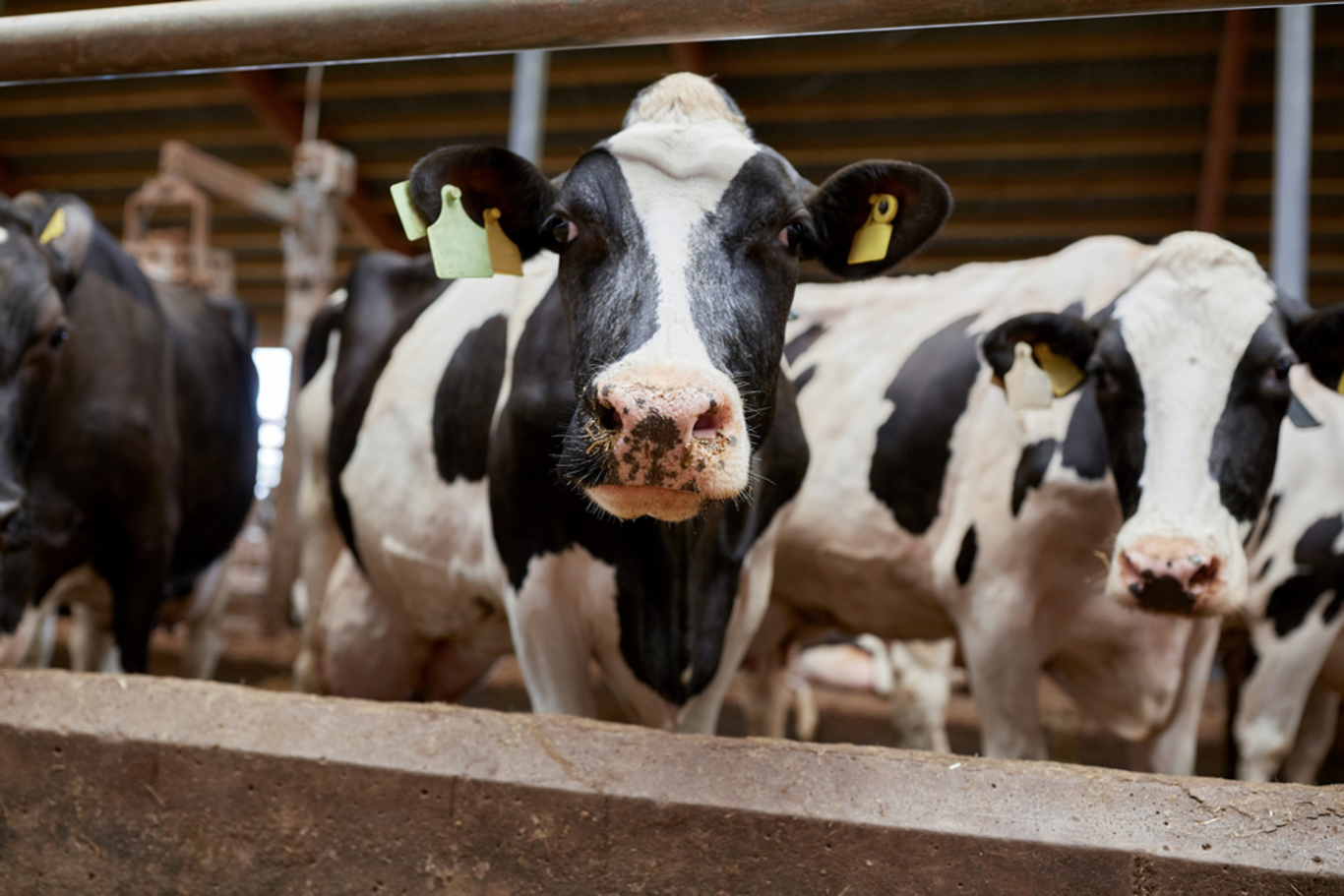Welfare recipients will be trained to work on dairy farms under a new plan
The move is aimed at easing the shortage of labour in the sector as incomes rise.
PEOPLE RECEIVING SOCIAL welfare and farm assist payments are being targeted to work on dairy farms under a new scheme.
The radical new pilot programme, which kicks off this month, will see Teagasc train people without skills or experience of farm work and the Farm Relief Services (FRS) place them on dairy farms.
The programme is being supported by the Department of Social Protection, the Irish Farmers Journal reports.
Shortage of labour
The move is aimed at easing the shortage of labour on dairy farms – but there may be fears from farmers in other sectors and contractors that it could draw part-time and seasonal workers away from their farms.
With average dairy farm incomes predicted to reach €80,000 this year, the shortage of workers for expanding farms has hit crisis levels.
As many as 6,000 people are being targeted to fill on-farm roles in the dairy sector over the next 10 years as the sector expands. Since 2010, the national herd has increased by 300,000 cows, with plans for further expansion on farms.
However, farmers are facing increased competition for staff from the construction sector, with plans also to import workers from dairy-producing countries like South Africa, New Zealand and Australia to cope with the acute shortage.
Rolling out
The pilot campaign, which will run in counties Waterford and Kilkenny initially, is aimed at people who are currently out of work, or are working part-time, or who are currently farming full-time but want to earn extra money.
If successful, the pilot programme will be rolled out across the country in late September.
Teagasc’s Páidí Kelly said that people can earn over €5,000 a year by working part-time on dairy farms.
Depending on the individual circumstances of people in receipt of social welfare payments such as jobseeker’s allowance or farm assist, the extra income might not affect their current social welfare payments.
Those interested in taking up farm employment will be enrolled in a 20-day training programme by FRS.
Of these 20 days, 16 days will be spent on a farm and four days will be spent in Kildalton Agricultural College.
A spokesperson for the Department of Social Protection said:
“Given the department’s role in supporting employers and jobseekers, the Department of Social Protection is represented on the nine regional skills fora throughout the country.
“A four-week pilot training course has also been developed to provide interested jobseekers and people in receipt of Farm Assist payments to gain the necessary skills to be in a position to be employed as dairy operatives. This part-time training course will commence in September.”
The spokesperson said that the department is currently contacting jobseekers in the region to invite them to learn more about this course and opportunities within the dairy sector.
“Jobseekers who participate in this part-time training course will retain their usual social welfare payment during the course, under the part-time education option scheme rules.”






